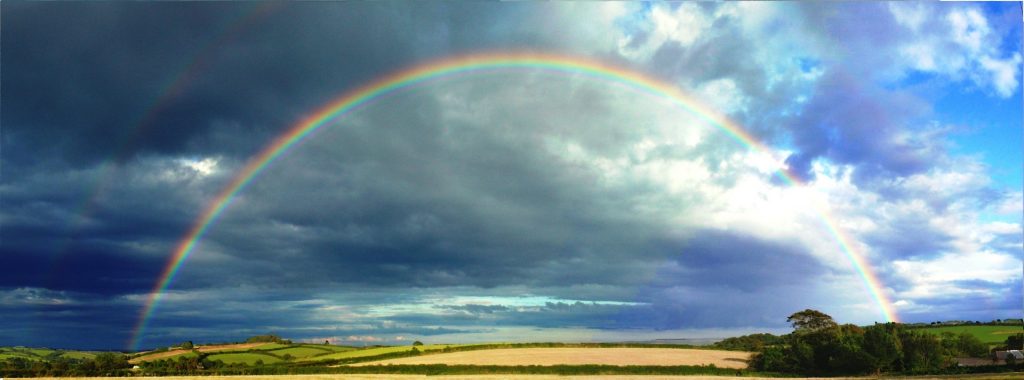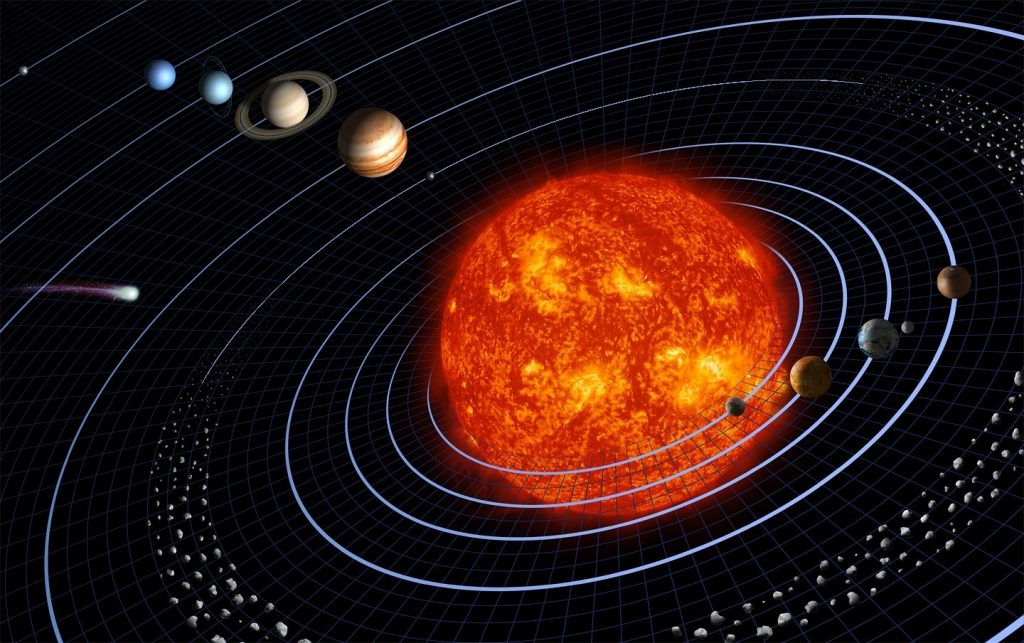043
Climb at Change
Do you remember the time when you couldn’t listen to the past?
So do I.
It sucked.
And it almost destroyed my brain.
Now here we are.
We’re very quickly going places.
Are you down with moving up?
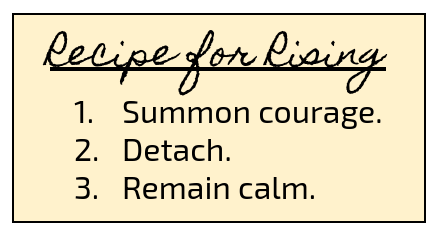
In other words, you can relax because we’re okay.
The word relax can mean “to chill.”
Chilling sounds might make you feel a coldness amidst sweltering heat.
Sometimes I have to read a sentence more than once to uncover its essence.
A recipe amounts to a map that leads to a result which has worked for at least one other person in the past. Conditions change, so you may tweak at your discretion, but don’t forget that rising above anything becomes much easier once you find inner peace.
In other words, it might seem like I’ve been misled about the living organisms known as yeast.
What in Sam Hill are we even discussing?
All there is to comprehend cannot be understood fully at once.
An incomprehensible onslaught approaches, and you will not survive save for your willingness to evolve your consciousness.
Practice what you preach mentally to yourself.
Don’t preach to someone who does not want to listen.
On second thought, don’t fucking preach at all.
Teach.
At least try.
But don’t try to teach someone who does not want to learn.
Just do what you know is right.
In other words, clichés may originate within groundbreaking insights.
Do actions speak louder than words?
Currently, you’re reading a transitional sentence that’s just as rhetorical as the question that precedes it most adjacently.
Yay.
Anyway.
Where were we?
Here’s where we are.
And this is where we’ll be.
Which two elements make up about 99% of the observable universe?
You might know at least one of them by now.
The other is helium.
In case you don’t recall, I should mention that hydrogen still occupies first place.
(Also, if you’re not too busy, think back and remember all the time we’ve wasted on this parenthetically framed, speculative aside.)
Hydrogen.
An atom.
The building block of cosmic anatomy.
The stuff to end start all things.
In other words, the ingredient found in most recipes.
Helium, by the way, is not a renewable resource, yet we are using it as if it were. Why would we do that?
Why would we outpace the supply of any resource?
Since a resource determines power, powers dictate resources.
Powers contain resources because resources hold power.
Six of one, half dozen of another.
In other words, resources are powers.
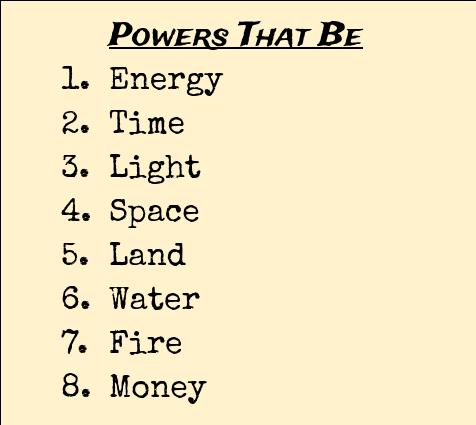
Possessing any combination of the resources above equates with some degree of influence.
In other words, the richest people possess the highest power of persuasion.
Globally, distribution of wealth becomes more and more uneven with each passing moment. Psst, just curious—how are we expecting that will end? If their brains could interpret any emotion beyond “a hunger for flesh” [double meaning], The Galacian Empire would pity {or laugh} at humanity’s hapless ignorance.
In other words, you can reliably count on a cause to enjoy its personal effects.
We could learn a lot from our mortal enemies, particularly in terms of organizational structure and civilizational systems on a planet-wide scale. The “wealthiest” among g/b society are naturally gifted. None of them live in “poverty” (as we know it).
As a whole, we [humans] have overvalued the paper/code that represents money.
I might not have been the World’s Greatest Detective here, but I’ve come away fairly certain that more cash flowing to the top of the barrel amounts to more desperation stirring at the bottom.
Build up enough helium and eventually it’ll pop the balloon. Then what? Clearly we aren’t too worried about it.
Why has the global movement of money been mimicking the shady structure [i.e. upward funneling and collection at the topmost point] of a pyramid scheme?
You’ve heard about “the one percent,” have you not?
Some people have (not).
Apparently, it’s where all the world’s wealth has been imprisoned.
In other words, “America the Beautiful” disaster.
In another word, assholes.
How is anyone—whether at the bottom, middle, or top—okay with that arrangement?
How long can any “body” be safe from revolutionary friction while hoarding energy over such a relatively lengthy timespan?
Every volcano to ever flip its lid says hello.
So does every molten core that ever powered a planet.
Every moon that ever sloshed water over growing, shifting land.
Every seed that ever dropped roots, branched out, and sprouted limbs.
Every body that ever ate matter in order to build up strength.
Every bud that ever flowered into saturated blossoms.
Every brain that ever processed a thought.
Every emotion that ever surged.
In other words, this could go on forever.
Think of any “universe” as contained within an hourglass.
Assume that underneath the skin of everything you see, only grains of sand exist.
Equate grains of sand with particles inside atoms.
In an hourglass, a grain of sand can only fall.
In other words, as illuminated by a prism, dust can’t rise without help.
Envision our universe as a much more complicated, much fancier hourglass.
Our grains can go back up.
But we can only oversee a certain number of grains.
If we waste a grain, then it disappears.
In other words, when all the grains of sand in our universe are finally wasted, we run out of time.
The only infinite resource is gravity.
Flip gravity and you get energy!
But to harness energy, we need {to} matter.
In other words, anything (else) is finite.
If a thing exists, then that thing will fall (eventually).
Here’s what’s cool.
When a grain is used appropriately, it can be used again.
And when we reuse grains (naturally), they come out stronger.
We never have to run out of time, but you better believe that we will unless we try a little harder to minimize waste in general, start heeding nature’s warnings, and stop ignoring the mathematical artistry continuously assigning values to existence.
In other words, we best be better at being human beings.
By definition, anything that amounts to “trash” has been devalued.
Devalued things are seen as disposable.
Can disposable income be valued?
Moreover, can disposable income exist without exorbitant wealth?
No body/nobody really knows how to process unneeded material.
Know why?
Because it’s impossible.
Speaking of blowing smoke, helium is enormously rare (at 5.2 ppm) in Earth’s atmosphere.
If you want to see and feel helium, then step outside in the middle of a clear day. That big fiery disk emanating warmth and light? That’s helium in all its glory.
You realize that the sun is pretty much just like every other (average) star you’ve ever seen in the night sky, yeah?
{No?}
In other words, helium is rare on earth, but in the stars, not so much.
Speaking of heat…
| Which of the following best highlights the point of conflict in the climate change debate? a) Climate change is normal. b) Climate is not changing. c) Humanity is causing climate to change. d) Humanity is precipitating a change in climate to a negative degree that matters. |
Do you know the answer?
In other words, I don’t.
Seems to me that most people aren’t even debating the same point—they just regurgitate what they think their tribe [political party] wants them to say.
Unbound by political affiliation, I’m compelled to outline certain facts. Since the Industrial Revolution—namely on the heels of the invention and monetization of the lightbulb—and especially in the last 75 years or so, the amount of CO2 in the atmosphere has seen a meteoric rise from well under 300 ppm to now beyond 400. In the context of our planet’s historical readings, this trend reveals itself quite openly as an obscene aberration.
In other words, the natural laws that have governed anything you’ve ever seen will continue doing the same damn thing.
In other words, only so much stuff can be stuffed into other stuff.
Our atmosphere marks the ceiling to our biosphere; the hydrosphere serves as the floor.
In other words, our skin provides a place in space and time.
Earth’s biosphere makes life possible, but mere possibility does not imply permanence.
Ever missed a chance? Me, too. Therefore, possibility must be temporary.
Make no mistake; we do indeed need our greenhouse gases to keep trapping heat so that we can stay alive, but at some point, heat gets too hot to handle. When your body overheats, it strokes out. Anything, everything, every body, and every brain can only endure so much stress before breaking down.
In other words, too much of anything can be bad news.
Even too much water can kill you in more ways than one.
To some, rising CO2 might seem insignificant since atmospheric levels only amount to about 0.04% of the air we breathe.
For the sake of additional context, nitrogen occupies 78.09% and oxygen fills 20.95%.
How can 0.04% of anything really matter? Um, could it be because it is affected by chance and choice?
In other words, math gets done.
How do you feel when your body temperature elevates even slightly? Should you claim no change, you’re either wrong, lying, or always sick. You don’t feel totally normal; that’s for sure. The only logical conclusion here is that the change in temperature does matter. Indisputably, and to echo a point Dr. Tyson has made more than once, this is one of those nifty scientific facts that doesn’t require anyone’s personal belief to be true.
In other words, numbers don’t lie because they can’t.
In other words, numbers are dumb.
In other words, a clear causal relationship between earth’s rising temperature and the elevation in atmospheric CO2 can only be dismissed by the willfully ignorant.
In other words, ugh, just to make a living, people either need to belong to a family, or they need to be able to gather enough shiny objects to distract them.
And in even more words, goddamnit, yes, matter needs energy (in order to resist the unstoppable force known as gravity).
But energy needs no body; it was here first.
Your body is made of matter.
The mind must branch from light.
Conclusion: energy(/gravity) does not care if we die horribly; therefore, let us live enjoyably!

We might as well, right?
And we might as well right (our ship), right?
You’re still okay.
Humanity’s greedy hunger for power keeps us clinging to unsustainable methods of energy usage/distribution as well as food production, which in turn causes Earth’s overall temperature to steadily (and unnaturally) rise.
In other words, a fact couldn’t care less about politics.
It doesn’t care about anything.
It just is.
In other words, the thing that just fucking is doesn’t need us in order to be the thing that it just fucking is.
In other words, we need it.
We can’t do what we need to do if we overheat.
In other words, we can’t function unless we can breathe.
In other words, our planet can do what it needs to do with or without us.
In other words, Earth is a lot bigger than “you.”
If you were Big Mama E, would you want humans crawling all over you right now, wasting your precious energy, rendering half your creations extinct {especially the creatures}, trying to turn you into something you’re not meant to be?
In other words, perform thinking.
Nuts, I tell ya.
Picture this.
Earth has a fever, and we’re making it worse.
It really is simple math/physics.
Disbelief in this reality is not terribly unlike believing that if you sink deep enough underwater, your body will somehow shift respiratory gears and start breathing, or like reckoning you can walk your happy ass into the middle of Times Square at high noon and defecate on the street without anyone noticing.
In other words, there are both right and wrong ways to do things.
In another word, choices!
In other words, hell yes.
When everything makes too much sense, these words seem to be post-encoded—especially in the case of sentences not unlike this one, the significance of which we must no longer fail to grasp, clutch, rank, and file for safekeeping.
In other words, I’m off your rocker.
In other words, close call!
Look at what’s happening around the world.
Are you yet aware?
Why?
Do you know anyone who gets their news from memes?
If you have carefully considered the state of affairs on our home planet, then you have realized beyond any doubt that we must be doing certain things wrong.
In other words, when we change things, things change us in return.
In other words, you risk getting bitten when you bite.
In other words, there will always be room for improvement.
In other words, you can do better.
All of us can.
Why don’t we?
Why would we allow our species to favor something that yields a detrimental deficit worldwide?
Our appropriate course of action charts a laughably straightforward destination to a magnificently better place.
In other words, instead of doing the thing that’s bad, we should do the thing that’s good, should we not? [Don’t answer that (if you’re wrong).]
What’s good can only mean improvement.
When you have something to say—here’s a thought—speak.
Raise your voice until you’re heard.
Just to reiterate, I hadn’t truly contemplated most of this information until recently.
Even if I “knew” any of it, I definitely didn’t understand it, and I think that’s because it had never been assembled in the right order for my anomalously curious brain to process.
A wealth of readily available, vital information hides in the dilution of plain sight.
In one ear, out the other.
Facts.
Science.
Math.
Gross.
School.
Blah.
What a shame because the universal truths that shape and fuel our reality are kind of important (to say write read the least).
By now, some might consider it embarrassing that we haven’t begun to get all this stuff pretty well globally sorted.
In other words, everyone on the planet lives here (obviously) and breathes the same gaseous elixir.
Earth’s atmosphere contains the mixture of greenhouse gases that allows us to breathe—in other words, to live. Without that barrier, that insulation, that safe haven, the vacuum of space would kill us all in seconds.
In other words, all life on earth would fade away.
So yes, we need our precious greenhouse gases to live, but we ought not mess with the precise concoction that sprung us free in the first place.
In other words, make sense.
A 100 ppm increase might not seem like much, but I guarantee you that in the game of life, it absolutely is.
A pebble thrown into still water can culminate in a tidal wave.
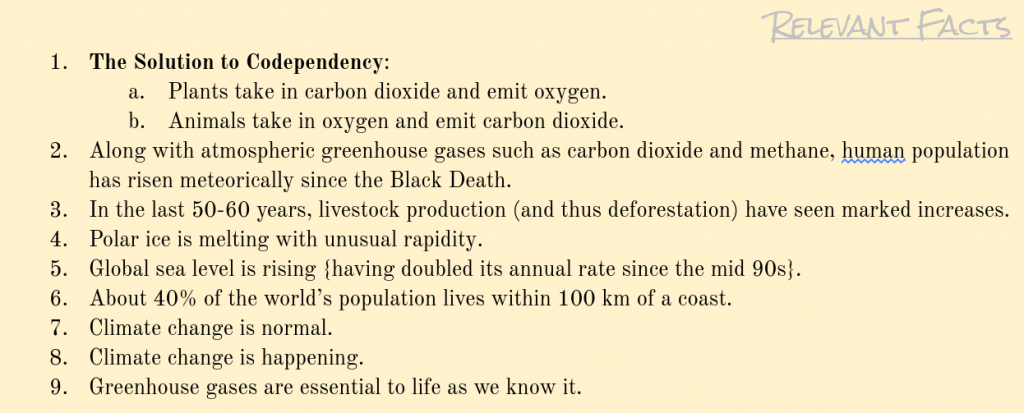
In other words, who the hell knows?!
At this point we’ve probably stopped fact-checking anyway.
Facts should be confused with neither beliefs nor opinions, both of which should always remain open changing in light of newfound facts.
In other words, learn how to be wise.
I don’t know everything, but I do know that somewhere between the whole of humankind, we already know enough to enter a period of enlightenment even more empowering than that time when our ancestors discovered fire and, most impressively, learned how to make it with their bare hands by persistently channeling the same kind of friction that energizes a lightning strike.
What is magic if not science as yet unexplained?
Where there’s water, fire may not be far behind.
Where there’s fire, there’s heat.
Where there’s heat, there’s friction.
Where there’s friction, there could be a spark.
Where there’s a spark, there could be chemistry.
And where there’s a spark, there’s light.
Where there’s a spark, too, there’s a pulsating electrical current.
Where there’s an electrical current, there’s electromagnetic radiation.
Where there’s electromagnetic radiation, there’s gravity.
And where there’s gravity, there’s a need to matter.
In other words, facts become increasingly obvious during reduction.

What does that even mean?
(Truly, who knows?{?/!})
In other words, we don’t!
Leave the horse be. Especially once it dies.
Wanna know if a horse is thirsty? Lead it to water. Should it die, don’t bother beating it.
Don’t.
Waste.
Time.
Because you can’t get it back.
